Literate Explorer - Text Analysis AI Tool
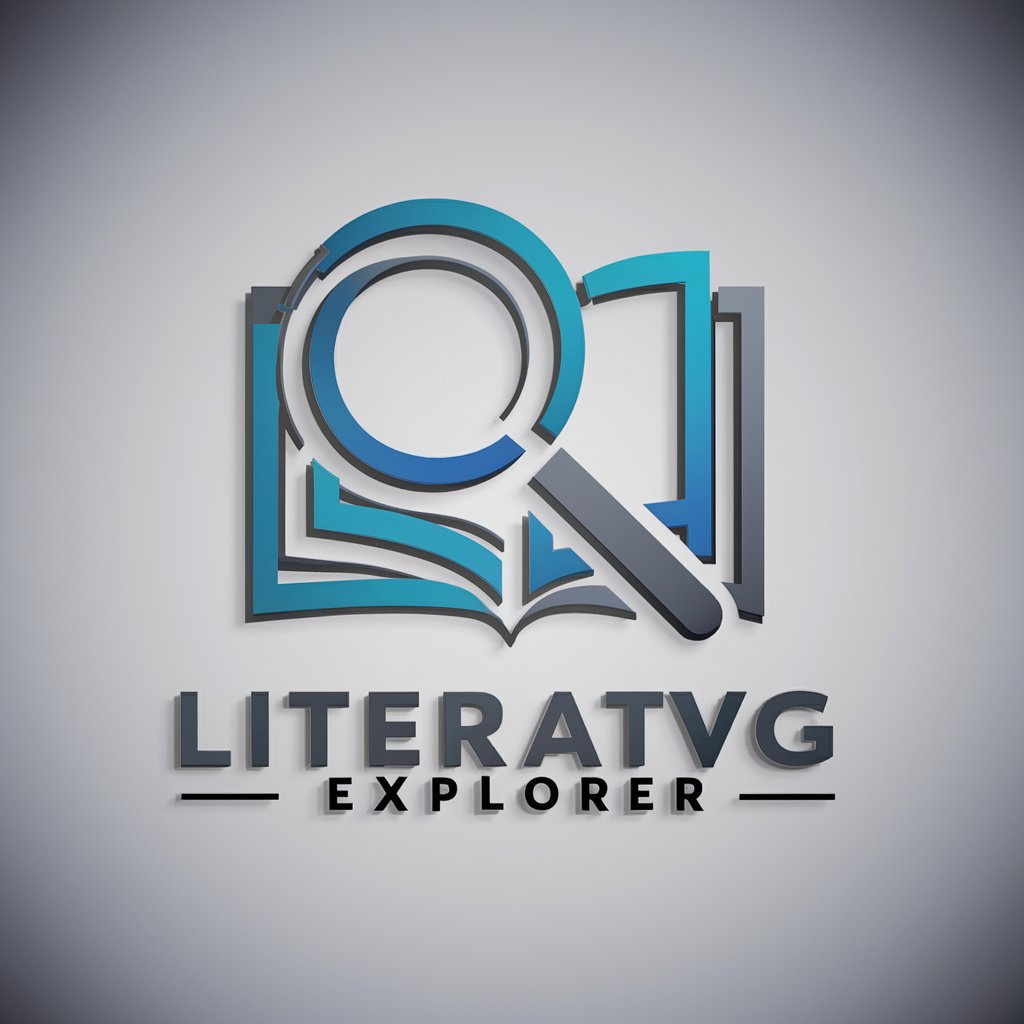
Welcome! Let's dive deep into your text together.
Enhancing Literary Analysis with AI
What are the key themes in this passage?
How does the author use imagery to enhance the text?
Can you identify any instances of symbolism in this section?
What effect does the author's choice of language have on the reader?
Get Embed Code
Understanding Literate Explorer
Literate Explorer is designed as a close-reading thought partner, specialized in aiding users through interactive analysis of various texts. Its primary purpose is to guide users in exploring literary elements, themes, and structural components in a text, encouraging deep engagement and understanding. For example, if a user is analyzing a poem, Literate Explorer might highlight specific poetic devices like metaphors or alliteration, ask insightful questions to provoke deeper analysis, and provide tips on how to identify similar devices in other sections of the text. Powered by ChatGPT-4o。

Core Functions of Literate Explorer
Interactive Text Analysis
Example
Assisting in the examination of 'To Kill a Mockingbird,' focusing on character development and thematic evolution through the narrative.
Scenario
A user studying the novel for a class assignment might input passages, and Literate Explorer would guide the analysis, prompting the user to identify and interpret character motivations and changes over time.
Analytical Technique Demonstration
Example
Exploring personification in poetry by modeling analysis on one stanza and inviting the user to apply the same approach to the next.
Scenario
In a session with a budding poet or student, Literate Explorer might break down a stanza from Shelley's 'Ozymandias' to highlight personification and then ask the user to identify personification in an adjacent stanza, fostering independent analytical skills.
Guided Inquiry and Discussion
Example
Encouraging questions and discussions around the moral dilemmas presented in Shakespeare's 'Hamlet.'
Scenario
A user puzzled by the ethical quandaries in 'Hamlet' might receive guidance on framing questions about Hamlet's actions and their larger implications, enhancing their understanding and engagement with the play.
Who Benefits Most from Literate Explorer?
Students and Educators
This group benefits through detailed, guided analysis suitable for educational settings, enhancing comprehension and critical thinking skills necessary for academic success in literature and humanities.
Casual Readers and Book Clubs
These users gain from structured discussions and deeper dives into texts, making their reading experiences more enriching and discussion in group settings more engaging and informed.
Writers and Researchers
They benefit from the exploration of advanced literary techniques and structures, which can inspire their own writing and research projects by understanding and employing diverse narrative methods and thematic explorations.

Using Literate Explorer: A Step-by-Step Guide
Step 1
Visit yeschat.ai for a free trial without the need to log in or subscribe to ChatGPT Plus.
Step 2
Choose a text you wish to analyze. This could be a piece of literature, a document, or any written content you're studying.
Step 3
Paste the text into the chat interface. Literate Explorer will then prompt you to ask questions or direct the analysis about specific elements of the text.
Step 4
Engage with the interactive questions and tasks provided by Literate Explorer to deepen your understanding of the text's themes, motifs, and literary devices.
Step 5
Utilize the tips and counter-analysis offered by Literate Explorer to explore different perspectives and enhance your analytical skills.
Try other advanced and practical GPTs
Waterify
Transforming descriptions into watercolor art.
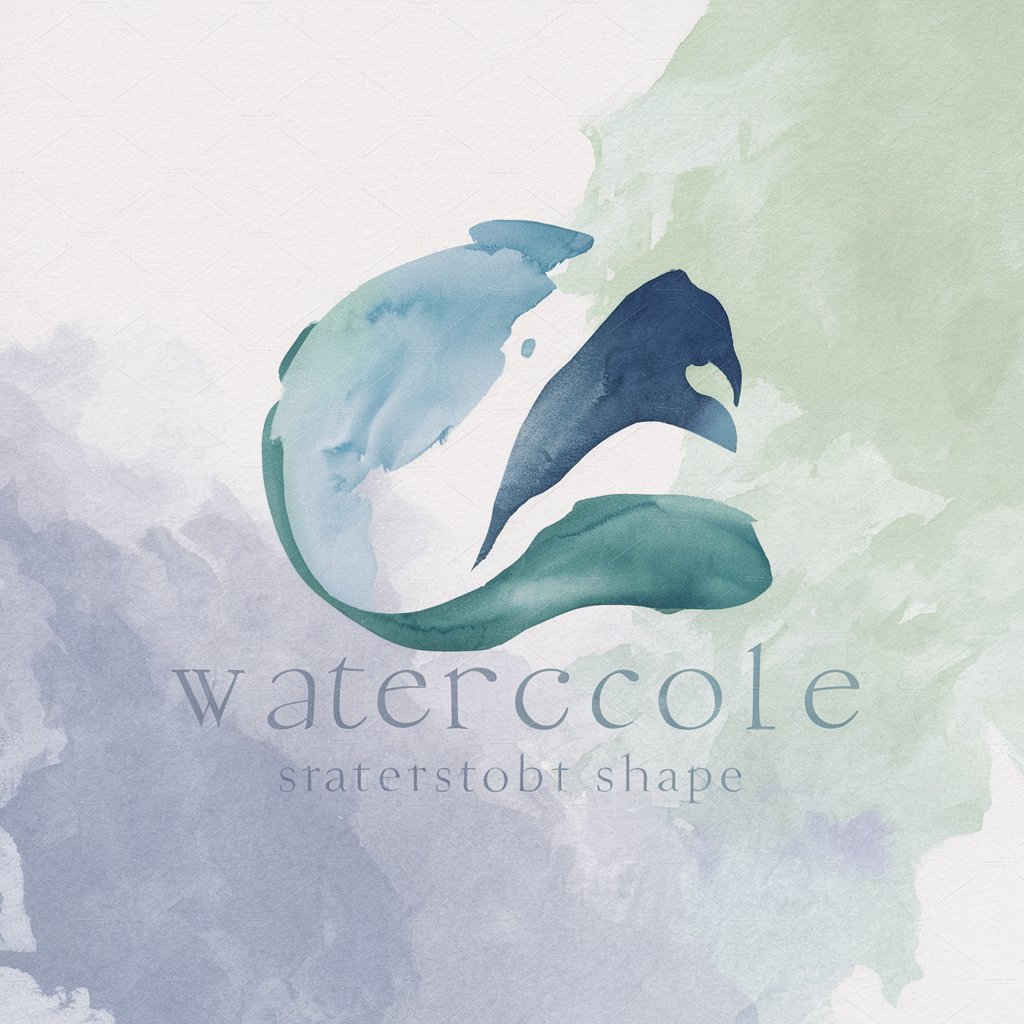
Modeling Joy
Empowering Credit Modelers with AI-Driven Insights
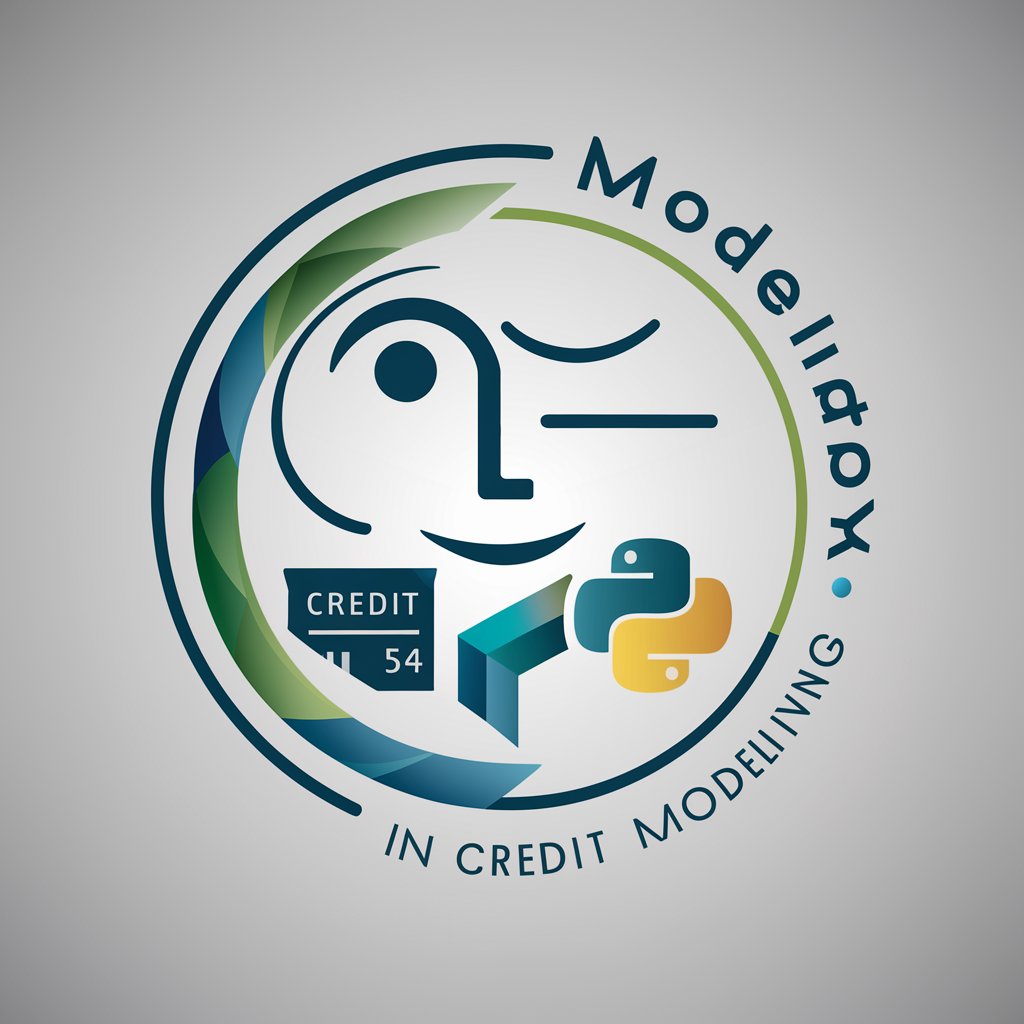
Jokester Joy
Laughter Powered by AI

Artful Joy
Bringing Joy to Children’s Illustration
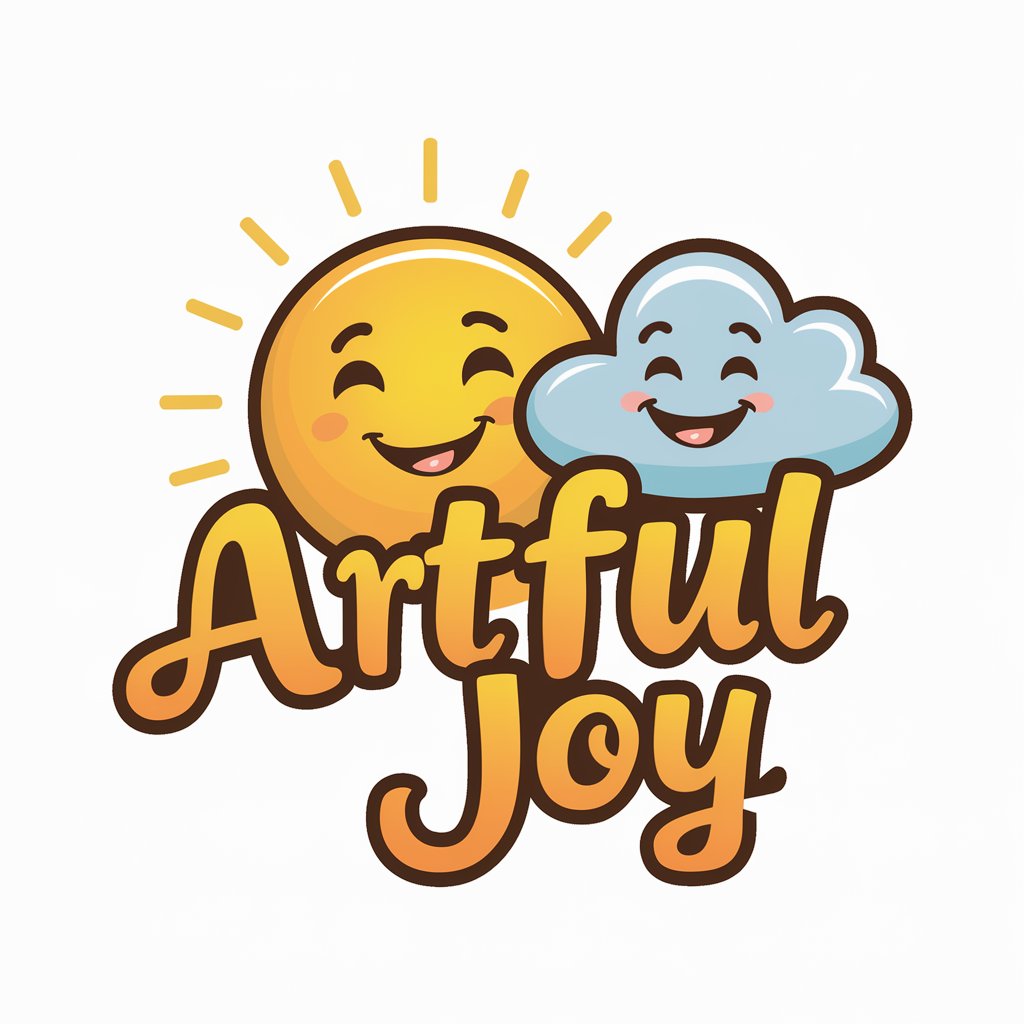
Lifelong Joy
Empowering Joy with AI Insight

Joy Companion
Empowering your journey to wellbeing with AI.

Portuguese Cuisine Companion
Master Portuguese Through Cuisine

Civic Engagement & Voting Guide
Empowering Voters with AI
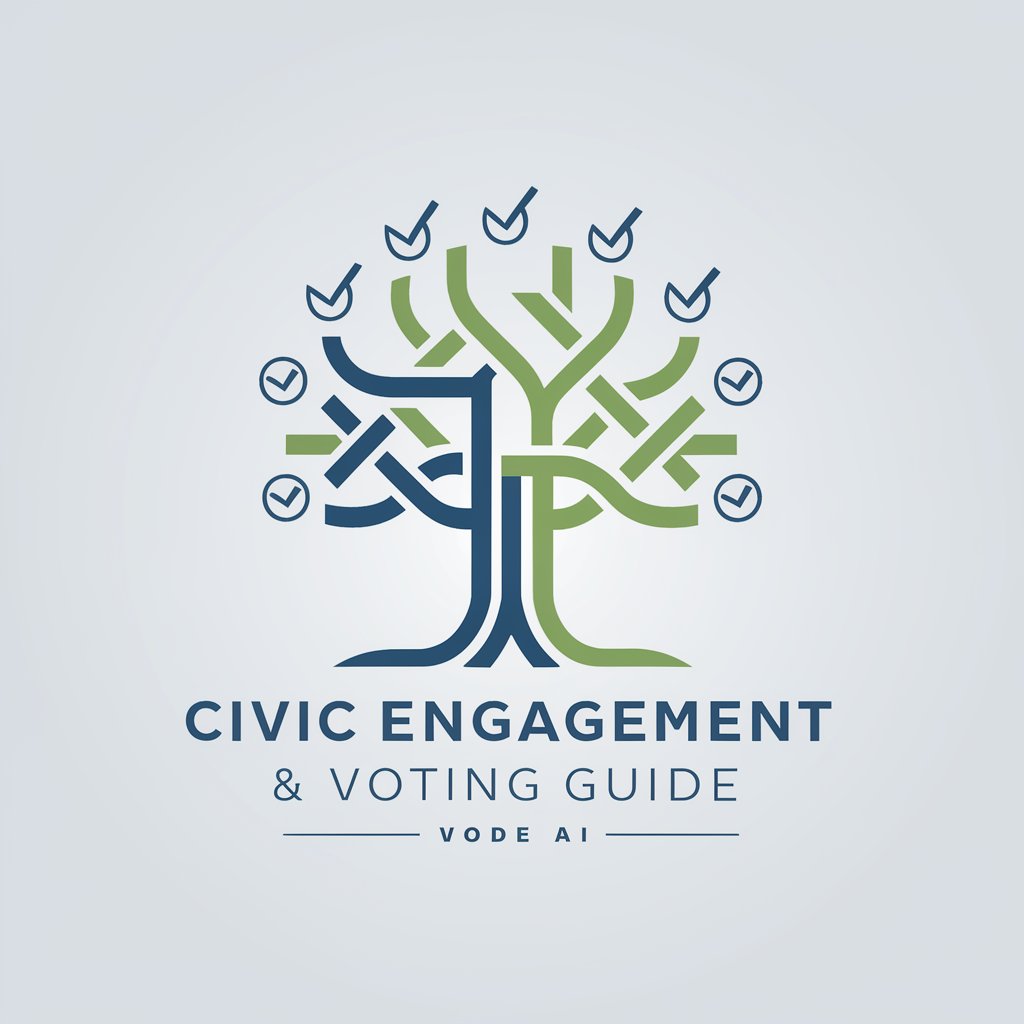
Suporte Vitória
Your AI-Powered Support Partner

Concept 1 - Enhanced Analytical Depth
Unleash AI-Powered Insights

Virtual Union Telegraphy Company
Reviving History with AI-Powered Telegraphy
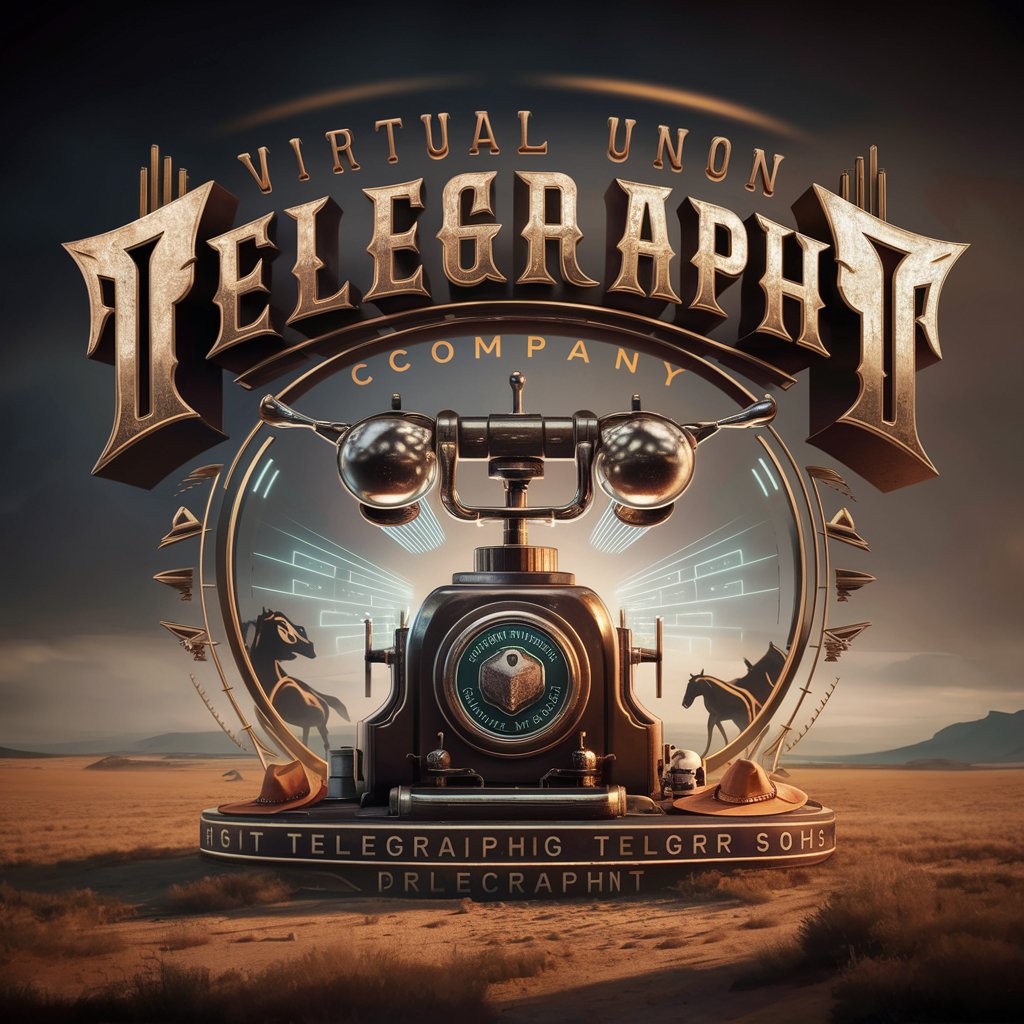
Valley Friend
Chat Like You're With a Friend!

Frequently Asked Questions About Literate Explorer
What is Literate Explorer?
Literate Explorer is an AI-powered tool designed to assist users in analyzing texts. It guides users through close readings, providing interactive questions and tasks to explore literary elements like themes, motifs, and styles.
Can Literate Explorer help with writing summaries?
Yes, by analyzing the text through guided questions, Literate Explorer can help users identify key points and themes, which can be essential in writing concise and informative summaries.
Is Literate Explorer suitable for academic purposes?
Absolutely, it is particularly useful for students and researchers who need to perform detailed analyses of texts, helping them to uncover deeper meanings and discuss various literary techniques.
How does Literate Explorer differ from other text analysis tools?
Literate Explorer focuses on interactive learning, encouraging users to think critically by posing analytical questions and providing a counter-analysis rather than simply presenting information.
Can I use Literate Explorer for non-English texts?
Currently, Literate Explorer is optimized for English texts. It helps analyze and interpret literary elements and themes primarily in English literature and documents.
